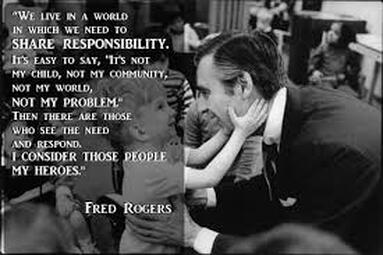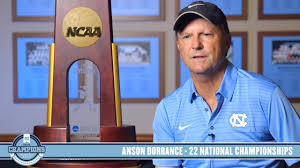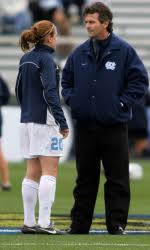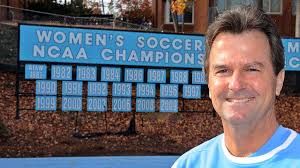Nothing is more critical than the vision and path set by its leader. We can face today with fear and division, or we can choose to approach with love and unity. As leaders and positive-difference makers, it is our moral obligation to cultivate a sense of trust, poise, and inner courage to those around us, no matter how unsteady the circumstances. Vision does not matter if a leader does not dare to pursue it.
We need to frame our thinking, actions, and behaviors around "We the People." We are responsible for our smile, attitude, and mindset while bringing our most authentic, noblest, and fullest selves to each day. No matter how uncertain and dark things get, always believe that goodness and light will prevail.
What can you do to resonate positivity, strength, unity, and love? May we endeavor to steer a more enlightened path through life's confusion and contradictions. Today, we have the precious opportunity to create a different kind of epidemic — one based on recovery, peace, love, optimism, healing, support, belief, and good health. We will prevail, and this too will pass!




 RSS Feed
RSS Feed